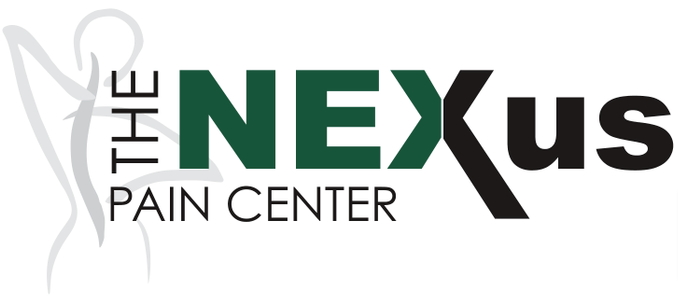Low Back Pain Specialist
Untreated back pain interferes with your rehabilitation and healing processes by disrupting your exercise routine and increases your risk of developing psychological distress. The Nexus Pain Center in Columbus and LaGrange, Georgia provides innovative medical solutions and cutting-edge technologies to help manage your chronic low back pain. Call or make an appointment online today to find out more about their nonsurgical and nonopioid medical therapies.
Low Back Pain Q & A
What is low back pain?
Low back pain is discomfort and stiffness in the small of your back that often radiates into your buttocks or legs. Symptoms range from mild and annoying to severe and debilitating. Overstretching or injury from lifting or carrying heavy objects incorrectly, and a lack of exercise are the most common causes of low back pain.
How is low back pain diagnosed?
To diagnose your low back pain, the specialists at The Nexus Pain Center perform a physical exam and ask about the onset, site, and severity of your pain, as well as how long you have been in pain and if it limits your movement. The doctor will then determine the cause of your pain and the appropriate treatment.
How is low back pain treated?
To improve the quality of your life and help you return to your everyday activities without heavy reliance on medications, the doctors at The Nexus Pain Center offer several intervention-driven treatment options, including:
Epidural
An epidural is an injection of anesthetic and steroid medications into your spine that reduces both inflammation and pain in your nerve roots as they leave your spine.
Facet blocks
Facet blocks are injections of a local anesthetic and a steroid directly into your facet joint to block pain. Facet blocks help you work through your recovery by enabling you to tolerate your pain so you can participate in rehabilitative physical therapy. They’re also used as a diagnostic tool.
Radiofrequency ablation
Radiofrequency ablation uses radio waves to create an electrical current that delivers heat to targeted nerve tissues. The heat either impairs or destroys your nerves, causing a semi-permanent disturbance of the transmission of pain signals from your spinal column to your brain.
Sacroiliac joint injections
Sacroiliac joint injections are placed into the bottom of your spine. The doctors at The Nexus Pain Center use sacroiliac joint injections as a diagnostic tool, as they only last up to 48 hours.
Nerve root blocks
Nerve root blocks are injected along the sides of your spine in the same manner as facet joint injections. Blood thinners, as well as a cold or the flu, prevent the use of nerve root blocks.
If you suffer from low back pain that has resisted treatment for over three months, call or make an appointment online with the specialists at The Nexus Pain Center in Columbus or LaGrange, Georgia, today.
